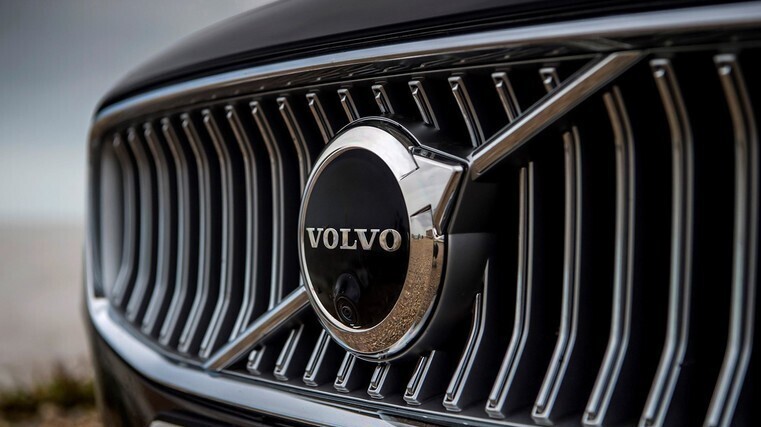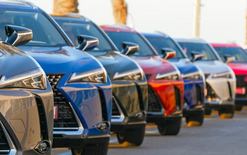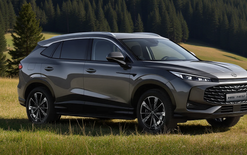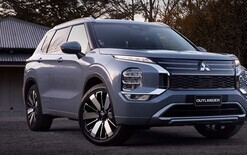Car makers pull plug

Volvo and Tesla are suspending some car production in Europe due to a shortage of components as attacks on shipping in the Red Sea hit manufacturers.
The US and UK launched air strikes on Yemen on January 11 aimed at the Iran-backed Houthi militia whose attacks have disrupted one of the world’s most important shipping routes.
Container rates further rose last week as concerns grew that vessels carrying everything from clothes to car batteries will have to avoid the Suez Canal, the fastest route between Europe and Asia, for longer than expected.
The biggest supply-chain upheaval since the coronavirus pandemic risks derailing the global economic recovery, while higher oil prices and freight could reignite inflation.
Tesla told Reuters on January 11 that it will suspend most production at its factory near Berlin from January 29 to February 11 because of a lack of parts after many vessels were rerouted around Africa’s southern tip.
In a statement, the company says: “Armed conflicts in the Red Sea, and associated shifts in transport routes between Europe and Asia via the Cape of Good Hope, are having an impact on production in Gruenheide. Considerably longer transport times are creating a gap in supply chains.”
Volvo Car, which is majority-owned by China’s Geely, will pause output at its plant in Ghent, Belgium, for three days this week due to a delayed delivery of gearboxes.
Some tanker operators have stopped crossing the Red Sea following the US and UK’s air strikes on Yemen’s Houthis as conflict stemming from Israel’s war on Gaza widens.
Shipping giants such as Hapag-Lloyd and Maersk have been sending their ships on longer, more expensive journeys around Africa. Both companies have welcomed moves to improve security for shipping in the region, but have yet to say if the air strikes will make a difference.
The moves by Tesla and Volvo Car will increase concerns about the impact on manufacturing. Other carmakers could also suffer shortages from the Red Sea conflict.
“Relying on so many key components from Asia, and specifically China, has been a potential weak spot in any automaker’s supply chain,” Sam Fiorani, of AutoForecast Solutions, told Reuters.
Stellantis has seen “almost no impact” on manufacturing and has used air freight in limited instances. BMW, Volkswagen and Renault said late last week that production wasn’t affected.
However, carmakers in the EU rely heavily on Asia for EV supplies. The region accounted for 67 per cent of EU imports of components for EV batteries in the 12 months to September 30 and around two-thirds of lithium-ion battery shipments.
Carmakers and analysts in Europe have warned in recent months that EV sales aren’t growing as fast as they hoped with some companies reducing sticker prices in a bid to boost demand.





